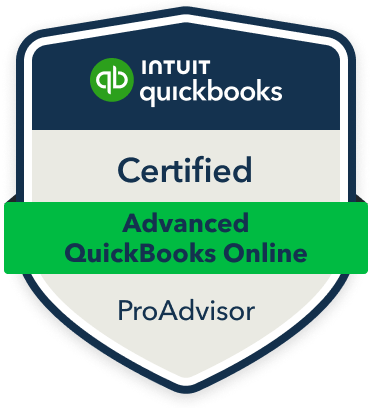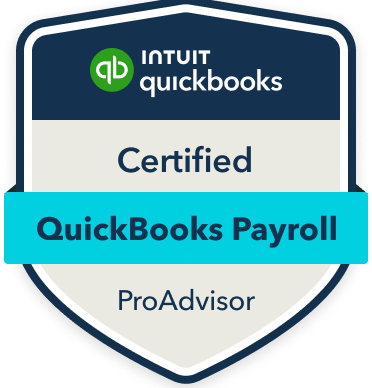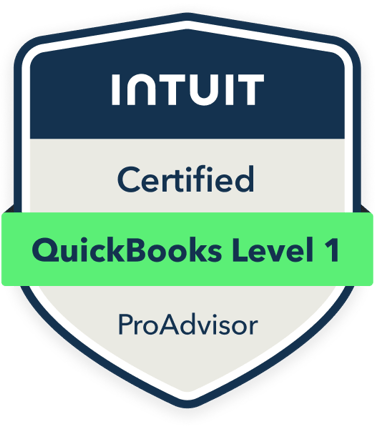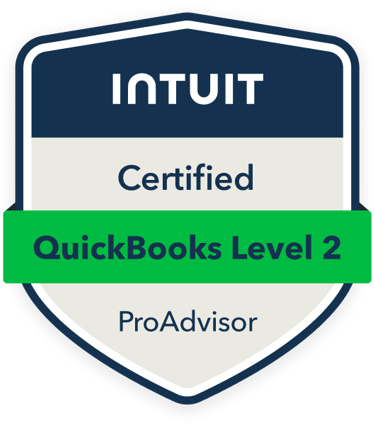7 Bookkeeping Tips to Start a New Business in 2025
Starting a new business is exciting, but it comes with challenges, especially when it comes to bookkeeping. A solid bookkeeping system is essential for keeping your finances organized and making informed decisions for growth. In 2025, with evolving technologies and regulations, it's more crucial than ever to get your bookkeeping right from the start. Whether you're opening an online store, offering services, or starting a brick-and-mortar business, these seven bookkeeping tips will help you establish a strong financial foundation and avoid costly mistakes.


7 Bookkeeping Tips to Start a New Business in 2025
Starting a new business is exciting, but it can also be overwhelming, especially when it comes to managing your finances. Bookkeeping plays a crucial role in the success of any business, and getting it right from the start can save you from a lot of stress down the road. Whether you’re launching an e-commerce store, a service-based business, or a brick-and-mortar shop, having solid bookkeeping practices will set you up for long-term success.
Here are seven essential bookkeeping tips to help you get started on the right foot in 2025.
1. Choose the Right Accounting Method: Cash vs. Accrual
The first step in setting up your bookkeeping system is choosing between the two main accounting methods: cash basis or accrual basis.
Cash Basis: This method records transactions when cash changes hands. It’s simpler and often best for smaller businesses with straightforward transactions.
Accrual Basis: Under this method, you record transactions when they occur, regardless of when the cash is actually received or paid. This provides a more accurate picture of your business's financial health, especially as it grows.
For most new businesses, the cash basis is often the easiest and most cost-effective option, but if you plan to expand or work with larger clients, accrual accounting might be a better choice.
2. Set Up a Separate Business Bank Account
One of the most important steps in bookkeeping is separating your business and personal finances. Mixing them can create confusion, especially during tax time. Open a separate business bank account and apply for a business credit card. Not only will this make bookkeeping easier, but it will also protect you legally and keep you compliant with tax regulations.
This separation will help you track business income and expenses more accurately and prevent you from unintentionally using business funds for personal purposes (or vice versa).
3. Invest in Accounting Software
Using accounting software is one of the best ways to stay organized and efficient with your bookkeeping. Many accounting programs, like QuickBooks, Xero, or FreshBooks, are specifically designed for small businesses. They can automate tasks like invoicing, expense tracking, and financial reporting, saving you time and reducing the likelihood of errors.
When selecting software, look for features that suit your business's specific needs—whether that’s inventory management, time tracking, or integration with your bank account. Automation also ensures that you stay on top of deadlines, from monthly reconciliations to tax filings.
4. Track Every Expense and Income Stream
It’s crucial to keep a record of every business expense and source of income, no matter how small. This will help you understand where your money is going and ensure you’re properly documenting everything for tax purposes.
Expenses: Make sure to categorize all business expenses, including office supplies, travel, marketing, payroll, and subscriptions. This will help you identify potential tax deductions and monitor your cash flow.
Income: Record all revenue, whether it's from product sales, services, or any other source. Proper income tracking is vital for determining profitability and for tax reporting.
Having a system in place from the outset ensures that you won’t miss important details and helps keep your financial reports accurate.
5. Maintain Regular Financial Check-Ups
Schedule regular financial check-ins, ideally once a month, to review your business’s performance. During these check-ups, you should:
Reconcile your bank and credit card statements with your accounting software.
Review your profit and loss statement (P&L) to identify trends, such as seasonal fluctuations or rising expenses.
Compare your actual performance to your budget or financial goals.
These reviews help you stay proactive about your business’s financial health. It also gives you the chance to adjust your strategy or make decisions based on your current financial position.
6. Set Aside Money for Taxes
Taxes can be one of the most significant financial challenges for new businesses. One of the best ways to avoid surprises is by setting aside a portion of your income specifically for taxes. The amount you should save depends on your business structure and location, but generally, setting aside 25-30% of your profits can cover most federal, state, and local taxes.
Consider working with a tax professional to estimate your tax obligations for the year, and make quarterly tax payments if required. This will help you stay compliant and avoid any surprises at tax time.
7. Hire a Professional Bookkeeper or Accountant
While doing your own bookkeeping is possible, hiring a professional can save you time, ensure accuracy, and provide peace of mind. A bookkeeper or accountant can handle tasks such as payroll, tax filings, and more complex accounting needs, allowing you to focus on running your business.
When hiring, look for someone who has experience with small businesses in your industry and is familiar with the software you’re using. You might also want to hire a tax accountant to help with annual tax filings and ensure you’re taking advantage of all available deductions.
Starting a new business in 2025 requires careful planning, especially when it comes to managing finances. By choosing the right accounting method, separating business and personal finances, investing in accounting software, and keeping track of all income and expenses, you can set a strong foundation for success. Regular financial reviews, setting aside money for taxes, and considering professional help will give you even more peace of mind as you focus on growing your business.
Bookkeeping may not always be the most exciting part of running a business, but it’s undoubtedly one of the most important. With the right practices in place, you can avoid common financial pitfalls and build a business that’s financially secure for years to come.








